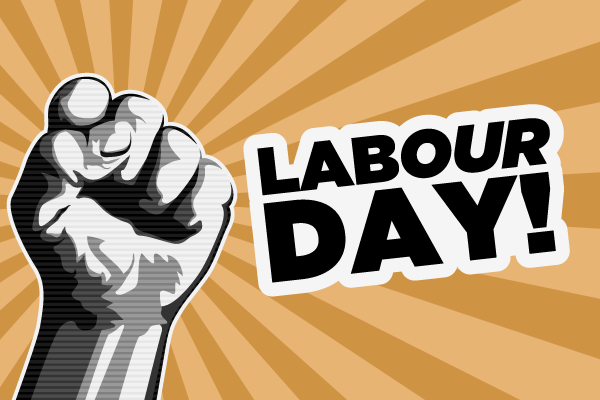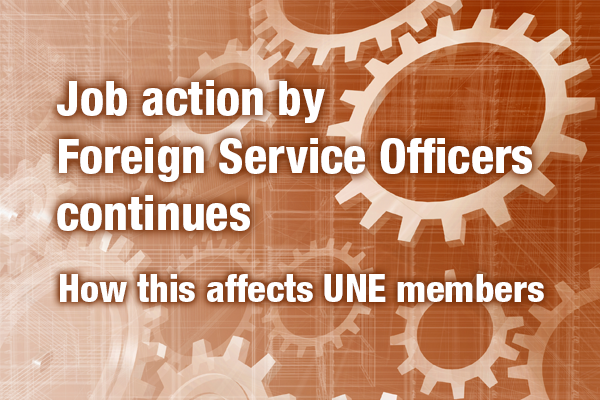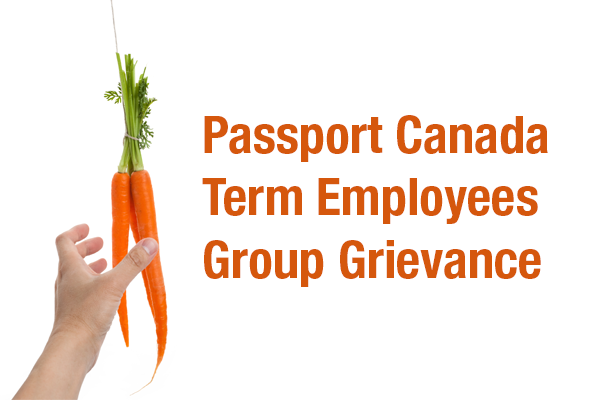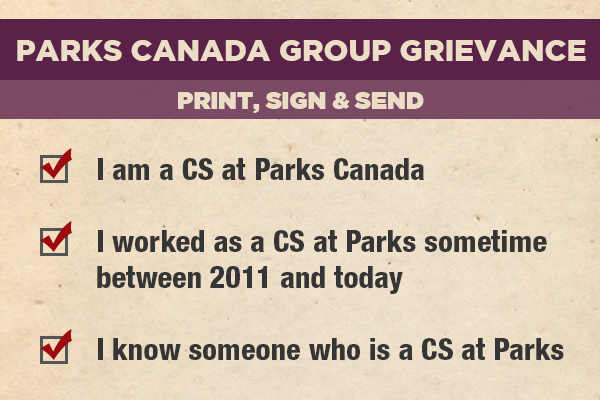
Six young people entered university this month with a little help from the Union of National Employees. It was only last April, during our All Presidents’ Conference, that members raised funds to create a one-time bursary to help students pursuing post-secondary education.
In British Columbia, Wesley Van Camp was awarded $1,000 towards his studies at the University of Victoria, where he is pursuing a bachelor of sciences. Van Camp’s essay focused on the importance of the labour movement by tracing its beginnings all the way back to the Toronto Typographical Union.
“Perhaps the early contributions of the union movement to Canadian values can best be summarized with the motto of the Toronto Printers’ Union in 1872: ‘We want not more money, but more brains. Not richer serfs, but better men,’” wrote Van Camp.
Related: See a picture of Wesley Van Camp accepting his cheque.
Over in Ontario, Donna Pan of Pickering was awarded a bursary in the amount of $1,000 to help with her studies at the University of Toronto where she is now studying commerce. In her essay, entitled The Value of Canadian Unions, Pan held that “As a nation, citizens must once again see the value in unions and the impact they had on shaping the working standards of all Canadian citizens.”
“Perhaps, if more Canadians understood the values unions stood for, the percentage of unionized workers could increase, further improving Canadian society,” she concluded.
Related: See a picture of Donna Pan during the graduation ceremony.
The Outside Canada region awarded their $1,000 bursary to Audrey Chiasson-Séguin who is entering the humanities program at the CEGEP de l’Outaouais in Gatineau, Québec. Chiasson-Séguin proposed that unions’ most important contribution centred on rights and freedoms.
“Although the Canadian Charter of Rights and Freedoms dates back to April 17, 1982, it is still relevant to our present day. It is based on fundamental values. Unions work towards the same goals of the Charter – to me, that’s what makes unions an indisputable advantage in the workplace,” she wrote.
The NCR-TB region split its bursary among three winners. “I reviewed all three submissions and was impressed with the work of each student,” said Regional Vice-President Richard Ballance. “We believe each student deserves to be rewarded for their efforts.”
Maggie Wallace was awarded $500 for her essay entitled Love our Country? Thank a Union. This bursary goes towards her studies at McGill University, where she is pursuing a bachelor of arts. In her essay, Wallace wrote that unions “exemplify what one could call ‘the three ‘C’s of Canadian social values’.” She pointed to cooperation, compassion and compromise as core union values.
Morgan Birdgenaw, who is now studying food science and nutrition, was awarded $300 to help in her studies. Her essay strongly focused on women’s rights and health and safety in the workplace.
“[The labour movement] encourages the longstanding concept of equality regardless of gender or race, which we, as Canadians, value as an everyday facet of life,” wrote Birdgenaw.
Averie Rowan was awarded $200 to help in her studies at Western University where she is now studying psychology. Rowan focused primarily on compassion as a key union value.
“The compassion we Canadians are so well known for is showcased by these unions that fought so hard for gender equality, parental leave and racial equality in the workplace. The acceptance of these changes that unions have brought about has nurtured consideration for people of all types, and will continue to do so,” she wrote.
We, at the Union of National Employees are very proud of all these students and their hard work. We wish them all the best in their studies and sincerely hope they will keep us updated on their future success.













